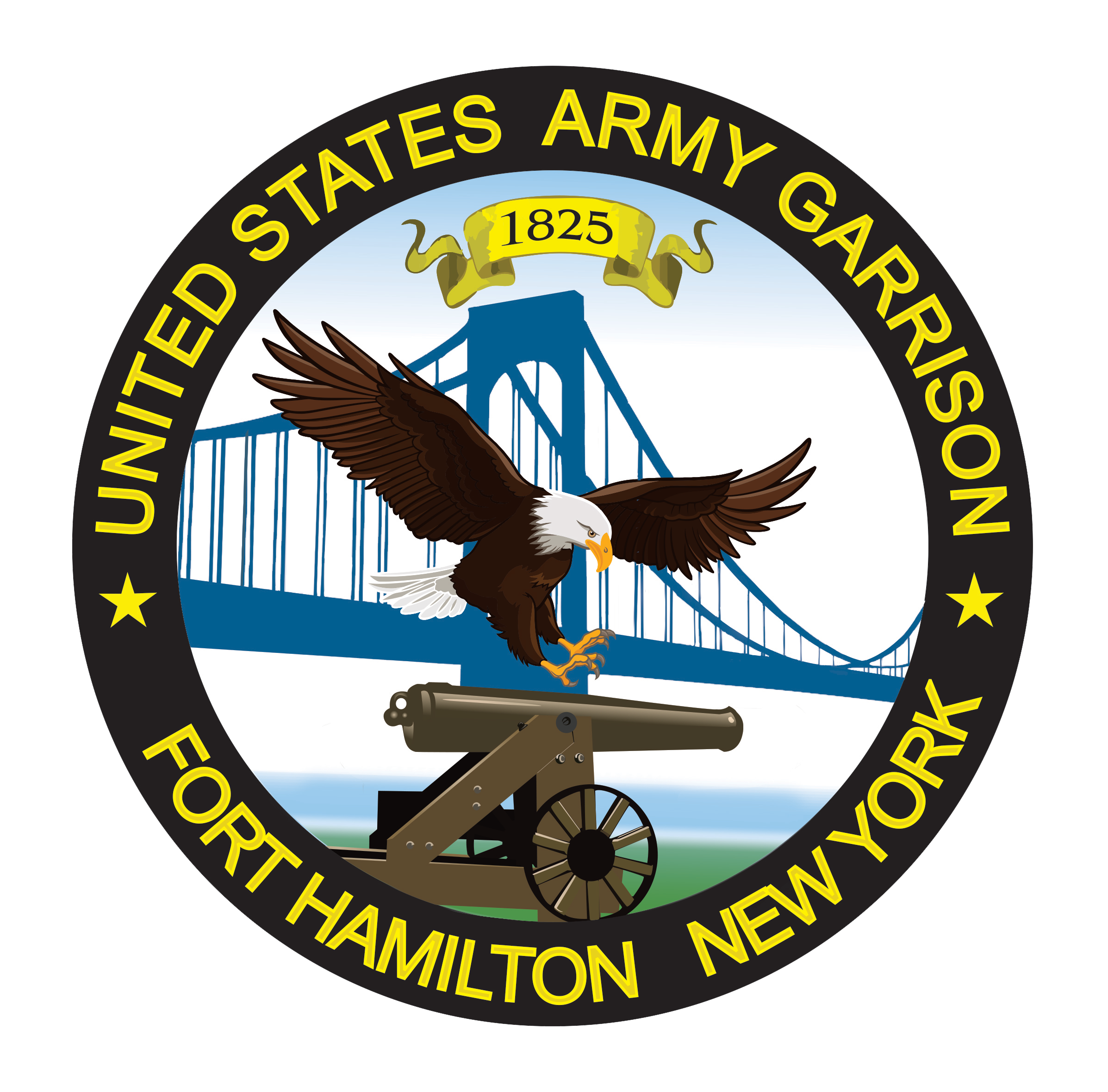Mission
The mission of the Army Substance Abuse Program is to strengthen the overall fitness and effectiveness of the Army's workforce, to conserve manpower and enhance the combat readiness of Soldiers and the resilience and well-being of DoD civilian employees.
Objectives
- Increase individual fitness and overall unit readiness.
- Provide services which are proactive and responsive to the needs of the Army´s workforce and emphasize alcohol and other drug abuse deterrence, prevention, education, and rehabilitation.
- Implement alcohol and other drug risk reduction and prevention strategies that respond to potential problems before they jeopardize readiness, productivity, and careers.
- Restore to duty those substance-impaired Soldiers who have the potential for continued military Service.
- Provide effective alcohol and other drug abuse prevention and education at all levels of command and encourage commanders to provide alcohol and drug-free leisure activities.
- Ensure all personnel assigned to ASAP staff are appropriately trained and experienced to accomplish their missions.
- Achieve maximum productivity and reduce absenteeism and attrition among civilian corps members by reducing the effects of the abuse of alcohol and other drugs.
- Improve readiness by extending services to the Soldiers, civilian corps members, and Family members.
Other Services Provided
Fort Hamilton ASAP consists of Employee Assistance Program (EAP), substance abuse prevention training, military and civilian drug testing and unit prevention leader (UPL) certification and re-certification training. Substance abuse prevention includes soldier and civilian prevention education and training and civilian and military drug testing.
Military and Civilian Drug Testing
Drug Testing Coordinator is responsible for military and civilian drug testing and Unit Prevention Leader (UPL) certification and re-certification training. Pre-employment services also provided for the DoD civilian workforces.
Employee Assistance Program
The Army’s Employee Assistance Program (EAP) is a voluntary, confidential program that helps employees (including management) work through various life challenges that may adversely affect job performance, health, and personal well-being and to optimize an organization's success. The Army’s EAP includes a wide variety of services to promote productivity, reduce absenteeism, enhance job performance and/or well-being, and support worksite safety, in order to ensure the Army’s mission is accomplished in an efficient manner.
Services:
- Are free and include, but are not limited to, screening/assessment, short-term counseling, and referral for problems that may affect job performance and/or well-being (see DODI 1010.09 for further guidance).
- Offer employees and supervisors guidance, consultation, mediation, and prevention education which promotes employee productivity and well-being. Supervisory services of consultation and mediation are provided to guide employees and managers in resolving issues that may impact the productivity of the Civilian workforce. EAPs also often work with management and supervisors providing advanced planning for situations, such as organizational changes, legal consideration, emergency planning, and response to unique traumatic events.
- Include providing assistance to Family members of DA Civilians to help resolve personal problems and enhance the employee’s ability to perform their work duties.
Why use the EAP?
- It increases employee morale since EAPC’s focus on assisting employees becoming productive again.
- It is preventive. EAPC’s educate, evaluate, and help plan solutions for a wide variety of personal issues for employees and their family members before they become overwhelming.
- It is an effective tool in assisting supervisors to better manage the workplace and troubled employees. The EAP is a proactive way to extend a caring hand while building a more productive workforce.
- It provides employees with a valuable resource for helping them to cope with issues both on and off the job, including alcohol and drug abuse, overall mental well-being, marital/relationship issues, stress, dependent care, and much more.




